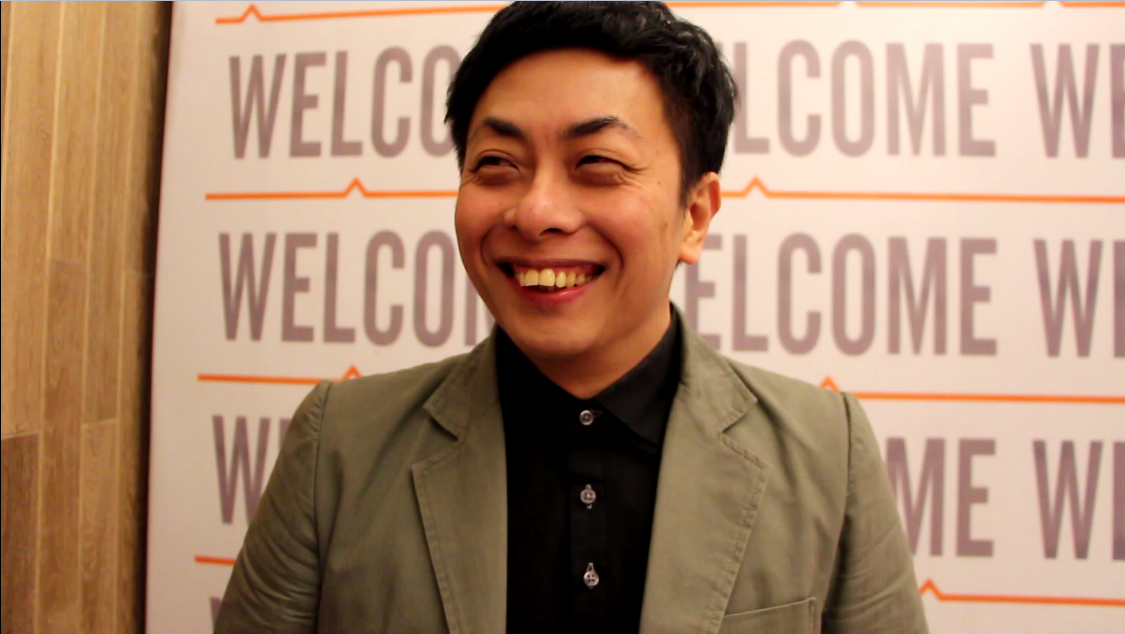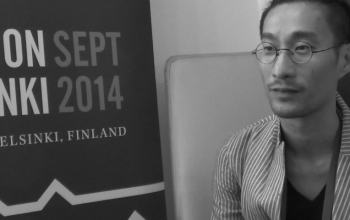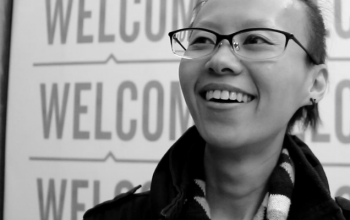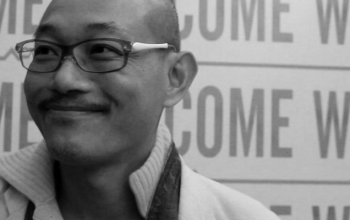Tay Tong is a performing arts multiplayer in Asia. He is the Director of Arts Network Asia and the Managing Director of TheatreWorks. EARS interviewed Tay Tong on his views on the future of performing arts in Asia.
Hey, who are you and what do you do?
I’m Tay Tong and I’m from Singapore. Here in EARS on Shanghai I’m wearing different hats: I’m a producer in Singapore and I have my own company called TheatreWorks. We have a center that is called 7213 which presents international artists and holds residencies. I’m also the director of Arts Network Asia which basically is a grant giving body to support Asia to Asia exchange and dialogue. We also have a program called Creative Encounters that supports Asia–Europe conversations. I’m also the aid to the festival director Ong Keng Sen of the Singapore International Festival of Arts.
What is the history of Arts Network Asia?
The network was established in 1999 when a group of us, managers and artists from Southeast Asia, felt that we were not meeting fellow Asian artists in Asia. We were meeting each other in New York, in London, in Paris and Rome. The main reason for this was that there was no mobility grant that would allow Asian artists to come together in Asia. So we all got together, put together a paper, a brochure for foundations and asked for money to create a mobility grant for Asian artists to meet other Asian artists. That’s how we got started, this is our 14th year.
Is the grant for performing arts only?
The ANA – Arts Network Asia grants are actually beyond performing arts. We have supported film makers, visual artists, new media artists and artists working with environment. We have also created very separately networks that we call peer communities. They are to support organizations building artistic communities within their own local areas.
Many Asian directors are rethinking the performing arts classics and how they connect with contemporary living.
How has the performing arts field developed in Asia under the years?
As a whole, many interesting developments have evolved in the performing arts field in Asia. Our art from the traditional art to the contemporary has always been rooted in the day to day life. Art is very multidisciplinary, it’s about dance, it’s about storytelling, it’s about music. And what we can see now across the continent is that many directors and performance makers are rethinking and relooking at the classics and how to make them more connected with contemporary life, day to day living. But at the same time there are new languages that have been created and there are deeper ways where artists from different countries and cultures are coming together. Artists are also rethinking what a performance is. The study of the body is a real interest now in terms of dance – you look at the body and what can the body do. It’s interesting to think what does this mean for an Asian dancer who is trained in classical way to perform contemporary dance. So I think there are many paths of development, which makes the entire scene very alive and interesting, I’m constantly curious!
The fact that the Asian field is so diverse makes it such a great platform for the arts.
How could the field develop further in Asia?
I don’t think there is just one thing that needs to be done. We should allow the different art forms or scenes to develop. Asia is so diverse, there is not one scene, there are many scenes, many worlds that have been created. The individual scenes are constantly evolving based on the people’s, artists’ interests. In order to develop the field, we should work with those individuals: what motivates them, what are the new ideas or concepts that they have. The fact that the field is so diverse makes it such a great platform for the arts, especially in Asia. We are all realizing that there is so much to celebrate in terms of engaging with the others – who ever the other is. It’s not geographical, it could be mindset, we can be in the same room but think differently and be motivated differently. So what I am looking forward to is closer engagement and conversation in a way to agree and disagree. We should recognize this huge diversity and just enjoy it and celebrate it.







